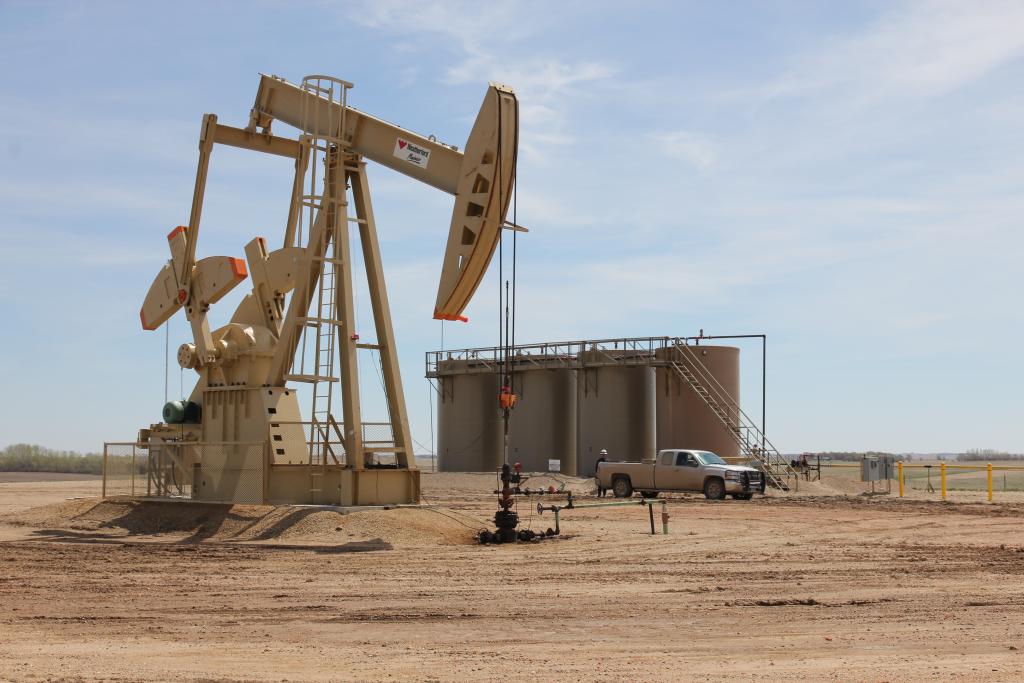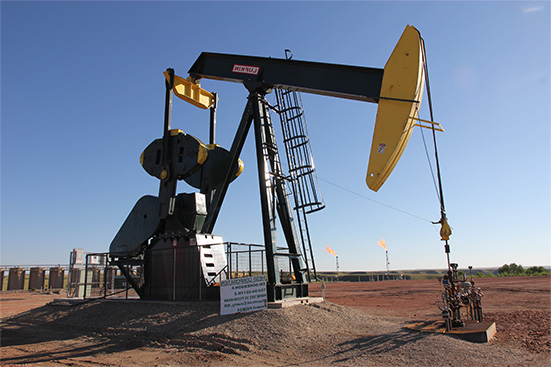
The global push for net-zero emissions is increasing, but how achievable is it? Let’s break down the challenges of getting to net-zero and what oil and gas investors need to know.
The Net-Zero Goal – Setting the Stage
Governments and companies around the world are working toward net-zero emissions by 2050. This means balancing the greenhouse gases produced with the amount removed from the atmosphere. However, shifting to fully green energy isn’t simple.
For oil and gas investors, it’s important to stay informed on how this shift may impact the industry. While renewable energy is growing, oil and gas will still play a key role, especially as global energy needs continue to rise.
The Scale of the Challenge
Reaching net-zero requires major changes to how we produce and use energy. Today’s energy system relies heavily on oil, gas, and other fossil fuels. Switching to low-emission technologies in areas like transportation, industry, and power generation will take time and massive investment.
A recent McKinsey podcast points out the sheer scale of this task. It emphasizes that reaching net-zero will require major changes to energy infrastructure and substantial funding for new technologies.
The Role of Oil and Gas in the Transition
Even though the world is moving toward net-zero, oil and gas production won’t stop overnight. Many oil and gas companies are already reducing emissions and investing in cleaner technologies. For example, companies are looking into carbon capture and storage (CCS) and hydrogen production as ways to cut carbon emissions.
Contact DW Energy
Want to learn more about oil & gas investing? Our expert team can provide you with more information or schedule a consultation to talk about diversifying your investment portfolio.

Renewables: Not Without Their Challenges
While renewable energy is key to reducing emissions, solar and wind power have their challenges. For example, solar panels don’t generate electricity at night, and wind turbines only work when the wind blows. These gaps in energy production still need to be filled by reliable sources like oil and gas.
Additionally, the infrastructure to support a full shift to renewable energy is still being built. Grid storage, which balances energy supply and demand, is still in development, and the full transition to net-zero energy will take time.
Economic Implications of Net-Zero
Getting to net-zero is going to cost a lot. The International Energy Agency (IEA) estimates that $4 trillion in annual investment will be needed by 2030 to achieve net-zero goals in clean energy. This creates significant opportunities for investors, especially in companies working on innovative solutions within the oil and gas industry.
Even though there is a push to reduce fossil fuel use, oil and gas will still be needed to power the global economy. Different countries will transition at different rates, and developing nations, in particular, will rely on oil and gas for affordable, reliable energy.
The Future of Energy: A Balanced Approach
To realistically achieve net-zero, a balanced approach is needed. This means continuing to grow renewable energy, but also investing in technologies like carbon capture and energy storage. Oil and gas will still be essential to keep up with energy demands, especially in the short term.
While renewable energy is critical, oil and gas will continue to play a key role in providing consistent, reliable energy.
A Positive Outlook for Oil and Gas Investors
For investors, the move toward net-zero doesn’t mean the end of opportunities in oil and gas. The key is to find companies that are adaptable and forward-thinking. Many oil and gas companies are diversifying by investing in renewables and carbon-reducing technologies while maintaining strong financial performance.
Implications for Oil and Gas Investors
While a net-zero future points to less reliance on fossil fuels in the long term, the transition period offers several important considerations for oil and gas investors:
- Continued demand – In the near future, oil and gas will still be critical, especially in places where renewable energy infrastructure is still being built.
- Industry transformation – Many oil and gas companies are investing in cleaner technologies like carbon capture and hydrogen production to align with global trends.
- Investment opportunities – Investors can find strong opportunities in companies that lead in sustainable practices and diversify their portfolios.
Considerations for Investors
- Diversify your portfolio – Look for companies that are making progress in both traditional and renewable energy sectors. A diversified portfolio can reduce risks related to the energy transition.
- Stay updated – The energy industry is changing fast. Keep track of new technologies and industry trends, as these will impact the value of your investments.
- Evaluate long-term potential – Focus on companies with a clear plan to address environmental concerns. These firms are more likely to stay competitive as the world moves toward cleaner energy.
A Realistic Path to Net-Zero
The journey to net-zero brings both challenges and opportunities for oil and gas investors. While the world is working on cutting emissions and growing renewable energy, oil and gas will remain essential for many years. By understanding the complexities of this transition, oil and gas investors can make smart choices that align with their goals while supporting the future of energy.
For more insights on how to approach the changing energy landscape, visit our website at DW Energy Group. We provide expert guidance to help you maximize your investments in this evolving industry.
Contact dw energy
Sources:
“Fossil Fuels,” Environmental and Energy Study Institute, https://www.eesi.org/topics/fossil-fuels/description
“A net-zero reality check,” McKinsey Global Institute, https://www.mckinsey.com/mgi/Our-Research/A-net-zero-reality-check
“Carbon Capture and Storage,” UCAR Center for Science Education, https://scied.ucar.edu/learning-zone/climate-solutions/carbon-capture-storage
“Net Zero by 2050,” IEA, https://www.iea.org/reports/net-zero-by-2050
